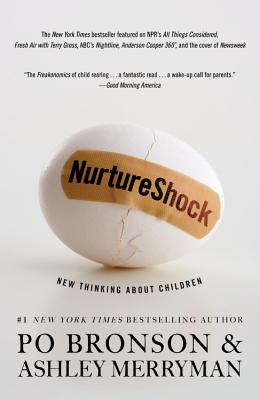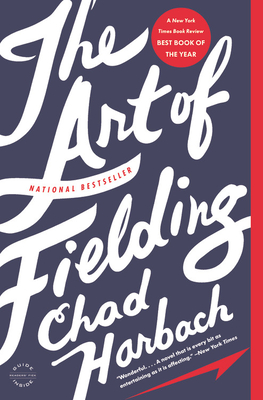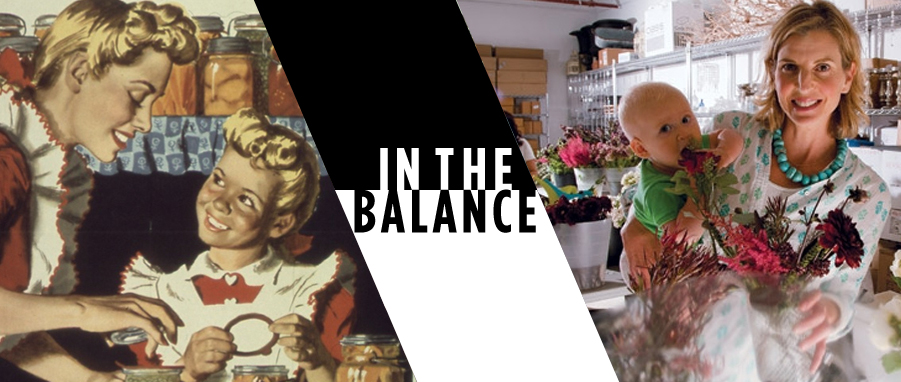By Cindy WaiteRead the first piece in Cindy's series here.
I never planned out my wedding. I didn’t imagine the decorations, or the finger foods, or even my dress. I told my family, defiantly, that I’d wear jeans and a sweatshirt on my wedding day because, “Ew, dresses.” I made the sour milk face you’re envisioning. Then I did back flips on my mom’s bed, made mud cakes in the backyard, and fell asleep reading, a flashlight hidden under my covers. I was maybe a strange child.
I always said I wanted a chocolate cake on my wedding day.
“No, honey, that’s what the groom has. The bride’s cake is white,” My mom impatiently told me, again. I made my sour milk face so contorted I might have passed out from disgust.
I can see her now, my Mom, at our scratched wooden kitchen table, the plastic covering pulling over the edge, the kitchen garbage pail at her feet, a Russet potato in one hand and a peeler in the other. She would have looked up at me without missing a beat with the potato.
“Why can’t I have a chocolate cake, too? Who said only boys can have them? I’m going to have a chocolate cake.”
It made all the women around me laugh whenever I said things about my chocolate cake and jeans wedding, so untraditional was I, so my cake grew in brown, sugary divinity each time the conversation arose.
“It’ll be a BIG chocolate cake with chocolate frosting, covered in M&Ms, with chocolate sprinkles on top of that.”
Then I bested myself, “It’ll be a three layer chocolate cake with chocolate frosting, covered in M&Ms and sprinkles on top.”
I didn’t spend my young years daydreaming about my nuptials, but I did spend a lot of time wondering who would walk me down the aisle.
I call Rob, my mom’s best friend, “Adopted Dad.” He spoils me. He got me my first perfume, “Romance” by Ralph Lauren, for my birthday because I smelled it in a magazine and liked it. I liked the name as much as the scent.
I’m moderately more graceful than a baby giraffe, only slightly lighter on my feet than Shrek. I smelled Ralph Lauren’s newest scent when I peeled back the bulky page in Seventeen, and I saw myself transform from my not-quite-or-at-all-grown-
Adopted Dad is divorced. He’ll be happily remarried in a few years, when I’m 17 or 18. He’ll stop being Adopted Dad then, but I’ll hold on to the title for keepsakes. Divorced Dad can be a Dad to me; he has room and time in his life to adopt me into it.
Adopted Dad lets me drive. He’s okay with me behind the wheel, guiding me from the passenger seat. He doesn’t grip the door handle and dashboard until his knuckles turn white---that’s Mom’s job, and she should get a pay raise she’s so excellent at it.
I’m driving out to Six Flags with Adopted Dad and his 10-year-old son, my babysitting charge. Adopted Dad took the day off, and he handed me the keys. I didn’t know my palms could produce sweat so fast, but those keys felt like they were dipped in oil they were so slippery. I drove through Newnan straight on to 85 North, headed for Atlanta.
I’m on the interstate, driving through Spaghetti Junction---six, eight, fifteen lanes twisted like noodles, my heart racing with nerves in the snaking, speeding traffic. This is my opportunity to prove my maturity.
I’m 16, but I swear it’s more like 20-something because that’s what everyone says. I’ve grown up in single parent years---that’s 1.5 for every 1 normal kid year. I sort of get how dogs feel, passing everyone by.
Rob tells me, “It’s okay to speed,” as matter-of-factly as though he’d said, “There are cars on the road right now.” I stare at him out of the corner of my eye, my peripheral vision stretched as I also try to keep both eyes straight ahead, my hands at 10:00 and 2:00 and my heart from fluttering straight out of my chest onto the console.
“If you have the money to pay for a ticket, then you can take your chances exceeding the speed limit,” he continues. “You can choose to break the rules if you know the consequences and accept them.”
I feel immensely loved in this moment.
This is real dad advice. This is a life lesson that seems absurd on the surface---one a Mom would yell about, eyes bulging out of her head, demanding to know what on earth he was thinking telling a 16-year-old something so irresponsible. But Dad would know that he has a smart daughter, one with a head on her shoulders that got it, that gets him, that will be a more responsible driver and person because now she’s empowered with choice and the weight of responsibility.
I’m choking up because he said this and I’m imagining that scene, and a car cuts in front of me, and my reflexes jerk the wheel enough for us all to notice, but Adopted Dad doesn’t critique. And I’m calming down now because I can do this.
Men bonded with Chris mostly, growing up. What’s a boy without a dad? They went fishing and hunting, and he learned to tie knots and change a car tire, all while I played beneath the towering oak tree in the front yard. Men lent me a lap to crawl on when I was little and reassuring, big hugs as I aged. Men taught Chris and comforted me.
But Rob took me on busy Atlanta interstates and taught me to trust my gut. He taught me the tools of the Dad trade---lecturing me on too much time spent online talking to boys and wondering if I’d like to learn how to change a tire, after all.
I still wear Ralph Lauren’s Romance. I still think of Adopted Dad when I spritz it, pushing my shoulders back and my head high and entering the mist as any urbane woman might do.
I put Adopted Dad in the “maybe” column to walk me down the aisle.













 By
By 



 Dearest Clara,
Dearest Clara,





